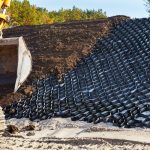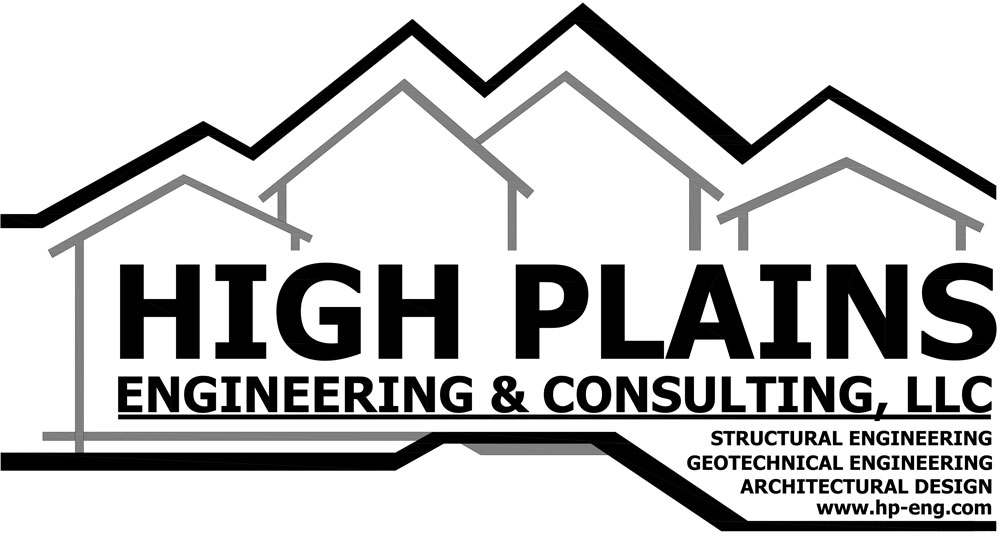
Proper drainage is crucial for maintaining the integrity of your home and its surrounding environment. Without effective drainage solutions, your property could be susceptible to water damage, foundation issues, and landscape erosion. Engineering solutions play a pivotal role in ensuring that water is directed away from your residence, safeguarding both the structure and aesthetics of your home. In this article, we’ll explore how residential drainage engineering addresses these concerns and what steps can be taken to ensure proper drainage. Key Components of Effective Drainage Solutions To ensure proper drainage, several key components must be considered: 1. Grading and Slope Grading... View Article

Proper drainage is essential for the longevity and structural integrity of your home. One of the fundamental aspects of effective drainage is maintaining minimum slopes away from your residence. This ensures that rainwater, snowmelt, and other forms of precipitation are efficiently directed away from the foundation, preventing potential damage such as foundation cracks, basement flooding, and soil erosion. In this blog post, we will explore why maintaining these minimum slopes is crucial, how to determine the correct slope for drainage, and practical tips for maintaining the slope around your home. Why Maintaining Minimum Slopes is Crucial Protecting Your Foundation One... View Article
Why Routinely Pumping Your Septic Tank Is Important Your septic system is designed to treat wastewater and prevent it from causing pollution in the soil and groundwater. Over time, the wastewater in your septic tank goes through a settling process that separates the solids and scum from the water. If you don’t pump your septic tank routinely, it can lead to serious problems. You could end up with a flooded lawn, backed up drains, and an unhealthy home environment. Prevents Flooding If you are a rural dweller and choose to have a septic tank for your home, it is vital... View Article
Do you need to install a drainage system for your property? If so, it’s important to understand the different types of surface drainage systems. Two of the main types are French drains and trench drains. The main difference between French drain and trench drain systems are where they manage the water. French drains remove groundwater, while trench drains remove surface water before it enters the ground. Read on to discover how each system works in more detail. French drains Invented by Henry French of Massachusetts (not France), French drains are designed to remove groundwater. They feature a trench that is... View Article


 HPEC is an active member of CAGE
HPEC is an active member of CAGE
